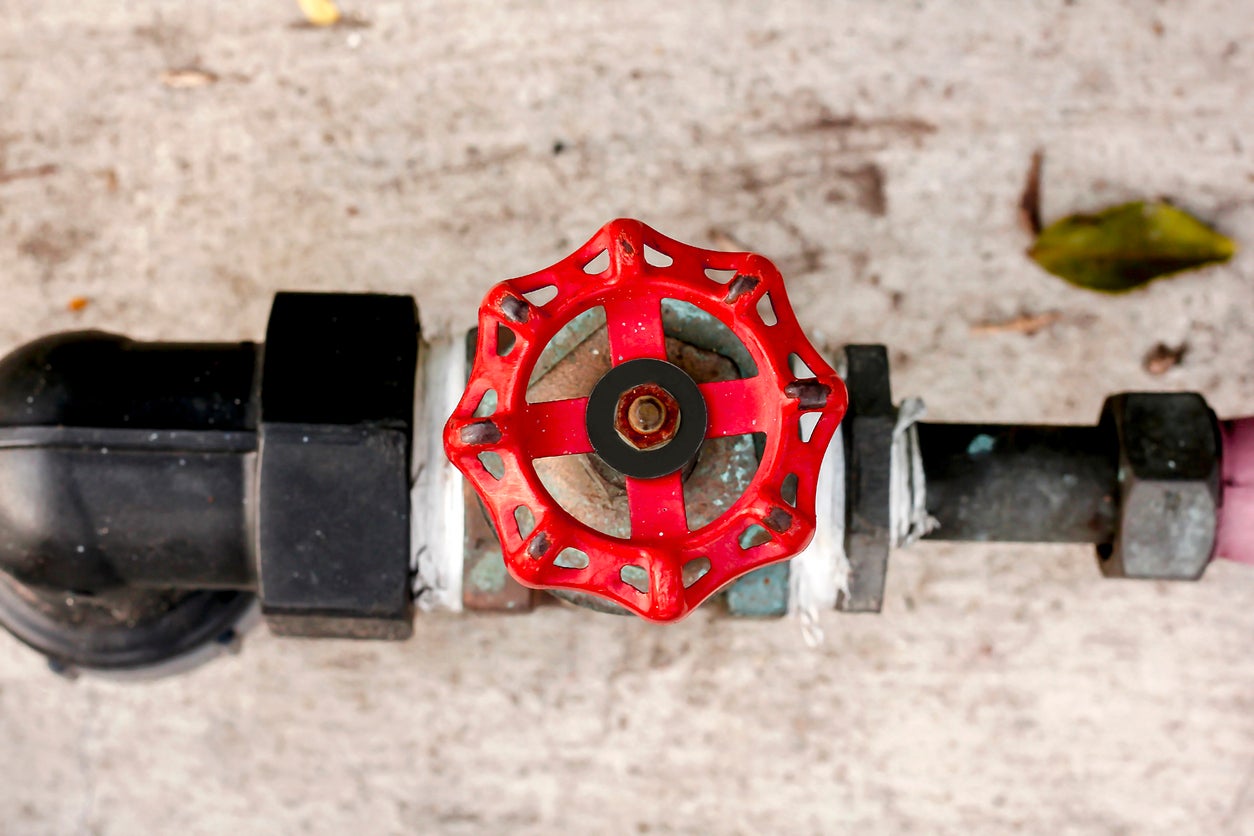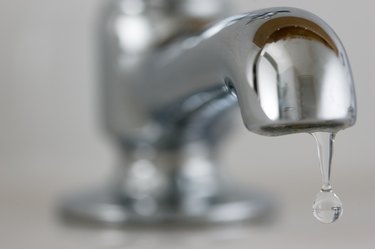Simple Measures to Improve Low Water Pressure in Your Home
Simple Measures to Improve Low Water Pressure in Your Home
Blog Article
Each person is bound to have their own individual conception on the subject of Low Water Pressure in the House?.

Low water stress in your house can be a discouraging issue, influencing whatever from showering to cleaning dishes. If you're experiencing weak water circulation, there are a number of feasible causes and remedies to explore. In this overview, we'll review usual factors for low water stress and sensible steps to resolve the problem successfully.
Intro to Low Tide Pressure
Low tide stress takes place when the circulation of water from your faucets, showers, and various other components is weak than common. This can make daily tasks more challenging and less efficient. Understanding the causes of low water pressure is essential to finding the ideal remedy.
Typical Root Causes Of Low Water Pressure
Faulty Pressure Regulatory Authorities
Stress regulators are responsible for preserving regular water pressure in your home. If they malfunction, it can result in low water pressure or irregular circulation throughout your home.
Community Supply Of Water Issues
Sometimes, the trouble exists outside your home. Municipal water problems, such as main line leakages or maintenance job, can briefly reduce water pressure in your location.
Pipe Obstructions
Gradually, pipes can end up being obstructed with mineral deposits, debris, or particles, limiting the flow of water. This is a common problem in older homes with galvanized steel pipes.
Rust
Rust within pipes can bring about leaks and minimized water pressure. Corrosion buildup can tighten water flow, particularly in maturing plumbing systems.
Just How to Detect Low Water Pressure
Examining Pipes
Examine visible pipes for signs of leaks, corrosion, or blockages. Take note of any unusual audios, such as knocking or rattling pipes, which could indicate concerns within the plumbing system.
Consulting with a Plumber
If you're incapable to identify the reason for low water stress, think about hiring a specialist plumber to carry out a complete evaluation. They can recognize underlying problems and recommend proper solutions.
Examining Faucets and Components
Beginning by checking the water pressure at various faucets and fixtures throughout your home. If the concern is isolated to certain locations, it may suggest local troubles.
DIY Solutions to Repair Low Tide Stress
Flushing Water Heater
Sediment accumulation in the hot water heater can restrict flow and reduce efficiency. Flushing the storage tank regularly assists remove sediment and preserve optimal efficiency.
Examining Stress Regulatory Authority
Ensure that the stress regulatory authority is operating correctly. Changing or replacing the regulator can aid bring back appropriate water pressure throughout your home.
Cleansing Aerators and Showerheads
Natural resources can build up in aerators and showerheads, lowering water flow. Eliminate and cleanse these components on a regular basis to enhance water stress.
Cleaning Clogs in Pipes
For minor obstructions, try utilizing a plumbing serpent or chemical drain cleaner to clear blockages in pipes. Beware when using chemicals and adhere to safety standards.
When to Call a Professional Plumber
If DIY initiatives fail to solve the concern or if you think considerable plumbing troubles, it's best to seek support from a qualified plumber. They have the know-how and tools to attend to complicated issues securely and successfully.
Preventive Measures to Maintain Water Stress
Installing a Stress Booster
Take into consideration installing a pressure booster pump to enhance water pressure in areas with continually low circulation. This can be especially useful for multi-story homes or properties with high-demand fixtures.
Tracking Water Use
Be mindful of water usage routines and stay clear of overtaxing the plumbing system. Basic changes, such as staggering showers and washing lots, can help keep ample water stress.
Regular Upkeep
Schedule routine upkeep for your plumbing system to stop concerns such as rust, leaks, and obstructions. Resolving small problems early can help stay clear of more significant repairs later.
Verdict
Handling low water pressure can be irritating, yet determining the underlying causes and executing suitable options can recover optimal flow throughout your home. Whether it's cleaning up aerators, evaluating pipelines, or seeking advice from a plumber, taking proactive steps can guarantee a consistent supply of water for your day-to-day requirements.
FOUR WAYS TO FIX LOW WATER PRESSURE NOW
Turning on a shower or faucet only to find the water comes out in a sad, slow drizzle is never a good feeling. How exactly are you supposed to wash a pan or take a quick shower when it takes 10 minutes just to rinse off a little soap? The good news is that when your water pressure is bad, there's always a cause: typically one that can be easily fixed. Here are some of the most common causes of low pressure and what you can do to fix the issue:
DEBRIS AND MINERAL DEPOSIT BUILDUPS
If you notice low water pressure from just one or two of the fixtures in your house, the problem likely has to do with debris buildup. Water is full of minerals and other debris, all of which can accumulate in your pipes and on your fixtures. This can cause a blockage that affects how much water flows through. To fix this, try filling a small plastic bag with white vinegar, and use a rubber band to hang it around your showerhead or faucet. Let the head of the fixture soak for a few hours, and the vinegar should loosen the deposits.
WATER LEAKS
Leaks are another common cause of low water pressure. If water is flowing out of your plumbing through a hole or crack before it can reach your fixture, the pressure coming out of the faucet or showerhead will be lower. A plumbing professional is your best bet for finding and repairing a leak in your water supply pipes.
Leaks are another common cause of low water pressure. If water is flowing out of your plumbing through a hole or crack before it can reach your fixture, the pressure coming out of the faucet or showerhead will be lower. A plumbing professional is your best bet for finding and repairing a leak in your water supply pipes.
A VALVE ISSUE
If you have low water pressure throughout your home, check your main shut-off valve to make sure it's completely open. You may also want to see if there's a pressure-reducing valve installed. If there is, have a plumber help you adjust the settings to get the pressure you're looking for.
OTHERS USING WATER
Believe it or not, your low water pressure could be caused by your neighbors. If you notice low pressure at certain times of day, it may be because you and the people living next to you have similar schedules - when everyone is showering at the same time, the pressure will be lower in every home. Low pressure throughout the neighborhood may also be caused by an issue with your municipal water supply. If that's the case, call the supplier to see if they're working on the issue.
https://www.rotorooter.com/blog/water-leaking/low-water-pressure-fixes/

Do you enjoy reading about Low Water Pressure in the House?? Put a review below. We will be glad to listen to your views about this entry. In hopes to see you back again later on. Enjoyed our piece? Please share it. Let other people find it. I truly appreciate your readership.
Call Today Report this page